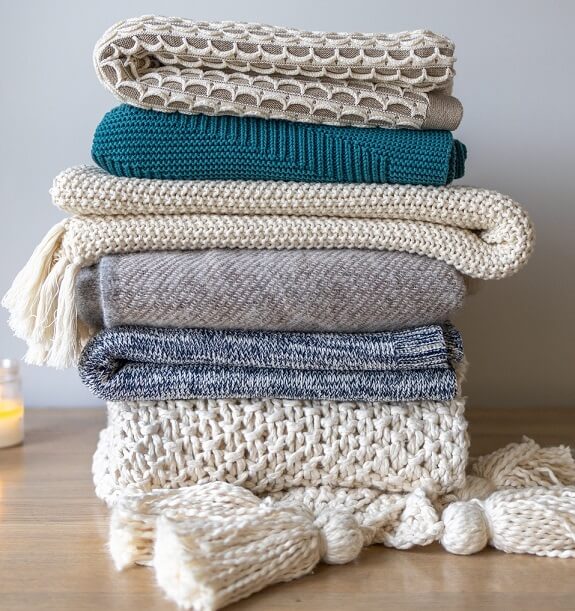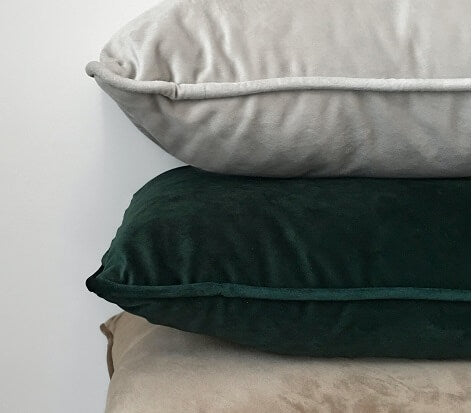Intro
Many people experience difficulty sleeping after a Botox treatment due to the discomfort and soreness of the area. Thankfully, there are ways to help ease this discomfort and get a good night's sleep. In this blog post, we will discuss various strategies on how to sleep after Botox to ensure you wake up feeling refreshed and rejuvenated. We will cover everything from creating a comfortable sleeping environment to using cooling gels and massages to soothe the area. By the end of this article, you will have the tools and knowledge needed to get a good night's sleep after Botox.
Why Sleeping After Botox Can Be Challenging
Many people underestimate the impact that a Botox treatment can have on their ability to sleep. After all, Botox is commonly associated with cosmetic procedures, so it's easy to assume that it wouldn't affect your sleep at all. However, the reality is that sleeping after Botox can be quite challenging for several reasons.
First and foremost, the discomfort and soreness of the injected area can make finding a comfortable sleeping position nearly impossible. This can lead to tossing and turning throughout the night, resulting in restless sleep and a lack of rejuvenation. Additionally, the temporary side effects of Botox, such as swelling or bruising, can further exacerbate the discomfort and disrupt your sleep.
Furthermore, the effects of Botox itself can interfere with your sleep patterns. Botox works by temporarily paralyzing the muscles in the treated area, which can affect your ability to fully relax and achieve deep sleep. This can lead to a fragmented sleep cycle and leave you feeling groggy and tired the next day.
Overall, sleeping after Botox can be challenging due to the discomfort, soreness, temporary side effects, and potential impact on sleep patterns. It's important to be aware of these challenges and take steps to mitigate them in order to ensure a restful and rejuvenating night's sleep.
Pre-Botox Sleep Prep Tips
Before undergoing a Botox treatment, there are several sleep prep tips you can follow to help ensure a restful night's sleep. These tips will not only help you feel more comfortable during your procedure but also aid in your post-treatment recovery.
First, it's essential to get a good night's sleep before your Botox appointment. Aim for at least seven to eight hours of uninterrupted sleep. This will help you feel more refreshed and energized for your procedure.
Second, avoid consuming alcohol or caffeine the night before your treatment. Both substances can interfere with your sleep quality and make it more challenging to fall asleep. Instead, opt for a calming herbal tea or warm milk to relax your mind and body.
Next, create a soothing bedtime routine to promote relaxation. This could include taking a warm bath, practicing mindfulness or meditation, or reading a book before bed. Engaging in these calming activities will help quiet your mind and prepare you for a peaceful sleep.
Additionally, consider adjusting your sleeping position to reduce discomfort after the procedure. If possible, sleep on your back or side, avoiding any pressure on the treated area. Using a soft pillow or a travel pillow can help support your head and neck in a comfortable position.
Lastly, ensure your sleep environment is conducive to rest. Make sure your bedroom is cool, dark, and quiet. Consider using blackout curtains, earplugs, or a white noise machine to block out any potential disturbances that may disrupt your sleep.
By following these pre-Botox sleep prep tips, you can set yourself up for a better night's sleep before your procedure and promote a smoother recovery process. Remember, a well-rested body and mind are essential for optimal healing and rejuvenation.

Tips for Sleeping on the Night of Your Botox Procedure
After your Botox procedure, getting a good night's sleep is crucial for your recovery and overall well-being. Here are some tips to help you sleep comfortably on the night of your procedure:
- Avoid touching or rubbing the treated area: It's important to avoid any unnecessary pressure or irritation to the injected area. Be mindful not to touch or rub your face while you sleep, as this can lead to discomfort and potential complications.
- Elevate your head: Use an extra pillow or elevate the head of your bed slightly to reduce swelling and promote better circulation. This can help alleviate any discomfort and reduce the chances of waking up with a puffy face.
- Use a cool gel or ice pack: If you're experiencing swelling or soreness, applying a cool gel or ice pack to the treated area before bed can provide relief. Just be sure to wrap it in a thin cloth or towel to protect your skin from direct contact.
- Take over-the-counter pain relievers: If your doctor approves, taking an over-the-counter pain reliever before bed can help manage any discomfort or soreness you may be experiencing.
- Try sleeping on your back: Sleeping on your back can minimize pressure on the treated area, allowing for a more comfortable sleep. If you're not used to this position, try using a U-shaped travel pillow to support your head and neck.
Remember to always follow your doctor's advice and consult them if you have any concerns or questions about sleeping after your Botox procedure. With these tips, you can rest easier and wake up feeling refreshed and rejuvenated.
Post-Botox Sleep Tips
Now that you've had your Botox treatment and gotten through the night of your procedure, it's time to focus on your post-Botox sleep routine. Here are some tips to help you optimize your sleep and ensure a smooth recovery:
- Keep your head elevated: Just like on the night of your procedure, it's important to continue elevating your head to reduce swelling and promote circulation. Use an extra pillow or prop up the head of your bed slightly to achieve this.
- Continue using a cool gel or ice pack: If you're still experiencing swelling or soreness, applying a cool gel or ice pack to the treated area before bed can provide relief. Remember to always wrap it in a thin cloth or towel to protect your skin.
- Take it easy on physical activities: Avoid any strenuous activities or exercises that may cause sweating or excessive movement of the treated area before bedtime. This can help prevent additional discomfort and promote better sleep.
- Avoid alcohol and caffeine: Just like before your treatment, it's best to steer clear of alcohol and caffeine in the evening. These substances can interfere with your sleep quality and make it harder to fall asleep.
- Maintain a consistent sleep schedule: Try to establish a regular sleep routine and stick to it. Go to bed and wake up at the same time each day to help regulate your sleep-wake cycle and promote better overall sleep.
Remember, these post-Botox sleep tips are meant to complement your overall recovery process. If you have any concerns or questions about your sleep after Botox, it's always best to consult with your doctor. By following these tips and listening to your body, you'll be on your way to a well-rested and rejuvenated post-Botox experience.
When to Consult Your Doctor About Sleeping Issues After Botox
If you find that your sleep difficulties persist or worsen after your Botox treatment, it may be time to consult your doctor. While some discomfort and disruption to your sleep are normal in the first few days after the procedure, persistent issues could indicate a problem that needs attention.
One sign that you should consult your doctor is if the discomfort and soreness in the injected area do not improve after a few days. Botox injections can cause temporary inflammation and swelling, but if these symptoms continue to worsen or if you experience severe pain, it's important to seek medical advice.
Additionally, if you notice any unusual side effects that affect your sleep, such as difficulty breathing, extreme fatigue, or changes in your sleep patterns, it's important to discuss these with your doctor. These could be signs of an adverse reaction or an underlying medical condition that needs attention.
Furthermore, if your sleep difficulties after Botox persist for more than a week and are significantly impacting your quality of life, it's important to consult your doctor. They can assess your situation, determine if there are any underlying factors contributing to your sleep difficulties, and recommend appropriate treatments or interventions.
Remember, your doctor is your best resource when it comes to managing any concerns or complications after a Botox treatment. By seeking their guidance, you can ensure that you receive the proper care and support to optimize your sleep and overall recovery.







